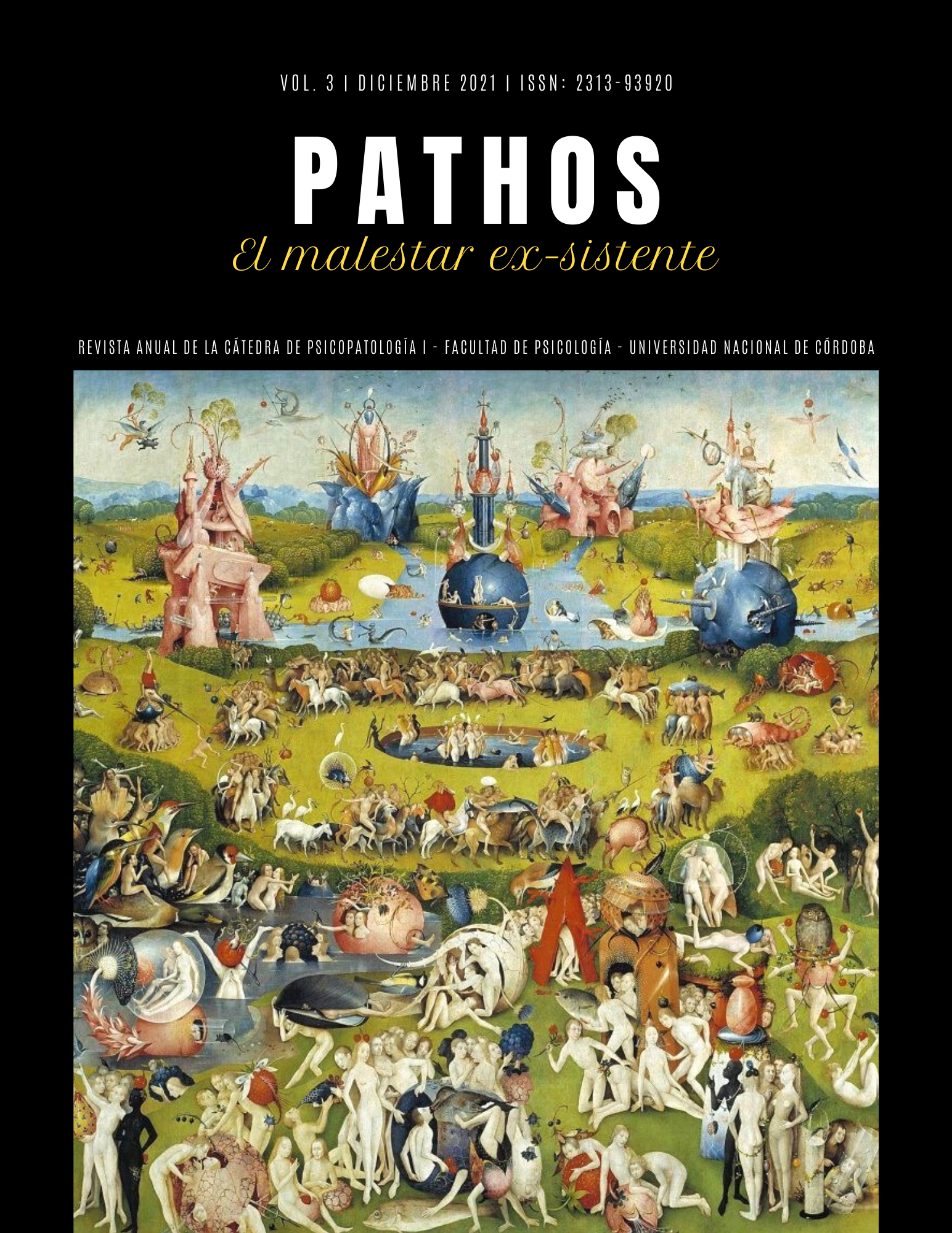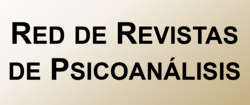Vol. 3 (2021): Ex-sitant discomfort

The drive for destruction, as a concept prínceps of Freudian eroticism, points out the radical gap existing between the hard data of biology and the symbolic nature that founds the power of desire against the grain of self-preservation. Thus the inextricable relationship between the death drive and the social bond has been naively reduced to a non-specific "malaise" or pure dichotomy, which strips it of its paradoxical nature.
It is not new that the history of thought after Freud's so-called "socio-anthropological" texts has had serious difficulties in explaining the juncture of social experience and the logic of the unconscious, a task that led Lacan, in his return to Freud, to postulate his concept of Discourse.
Perhaps it would be abusive to affirm that this concept summarizes all the significant relations that, overdetermined by culture, condition not only the modalities and vicissitudes of the conformation of the subject, but also those of the social bond. However, we insist that there is a constructive collision between both traditions, which far from leading to cynicism or indifference to social experience, places us in the difficulty of thinking them together and insists on their failed encounters.
One of the implications derived from the practice of psychoanalysis is the elucidation of the category "human nature", especially in relation to the specificity of human satisfaction and its detours, the vicissitudes of sexuality and the encounter with the Other, stripped of the nature-culture opposition.
In the current social conjuncture, traversed by the COVID19 pandemic, the consideration of the ex-istente malaise implies attending to the singular interpretation and the productions of the unconscious. In this sense, we can affirm that the Freudian malaise and the logic of discourses are reconfigured and take on new dimensions in the threat of the virus and the subjective effects of the death drive. On the other hand, the radicalization of certain political discourses on freedoms or social restrictions, the crystallization of debates on the responses of science in contexts of high uncertainty or the scant attention to the social and subjective effects of the pandemic, in the face of the imminence of vital risk, show processes of segregation and social fragmentation in frank growth that require attention and analysis in their multiple consequences and conditioners of the contemporary social bond.









